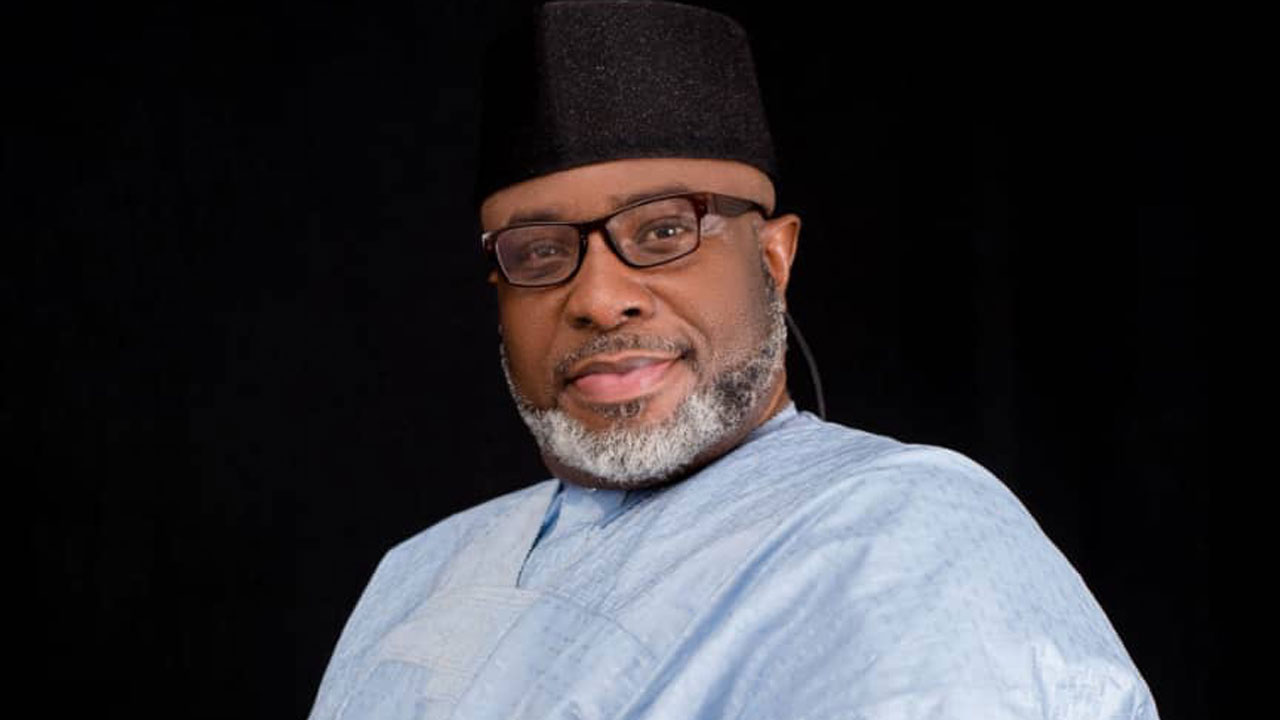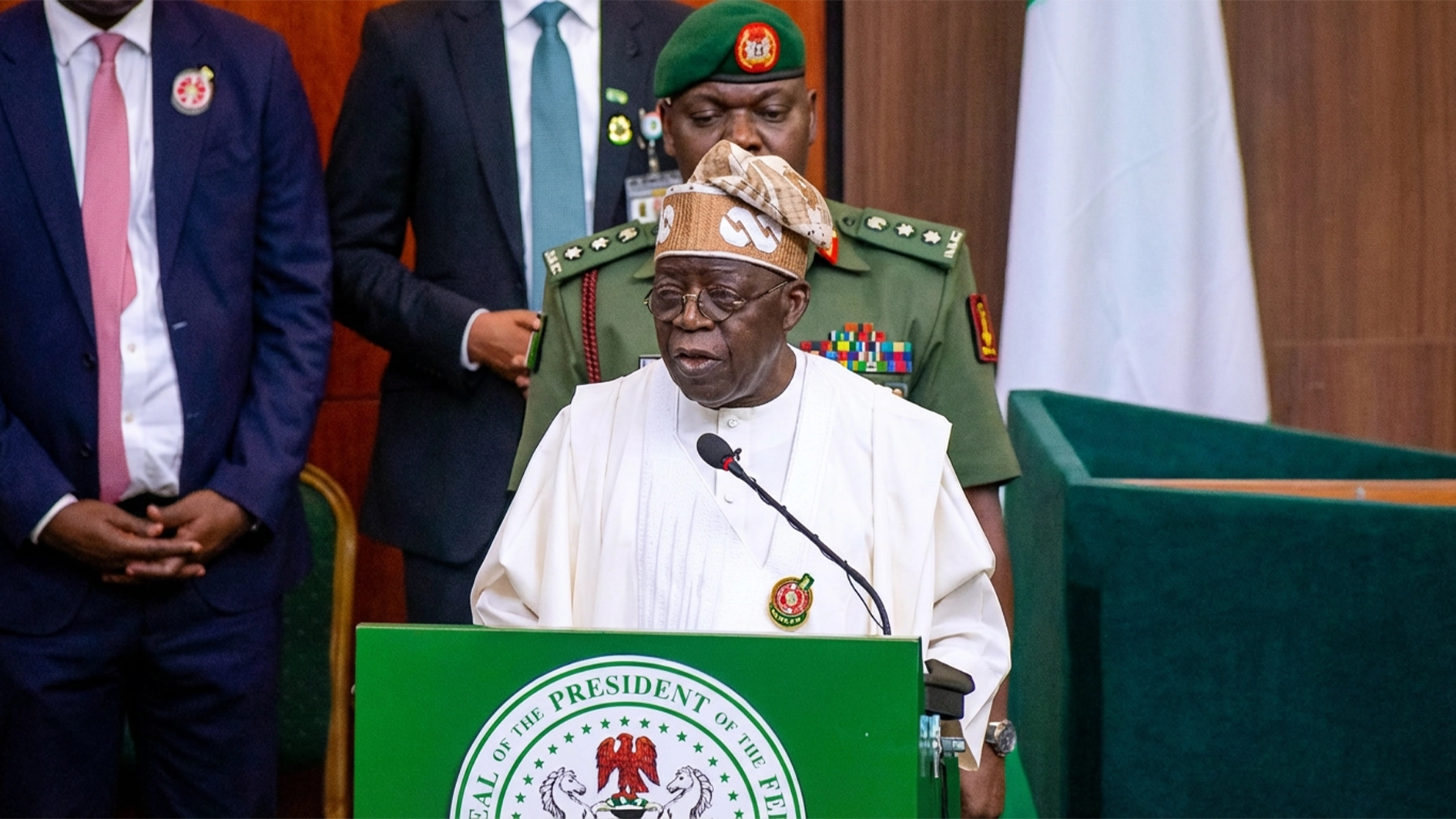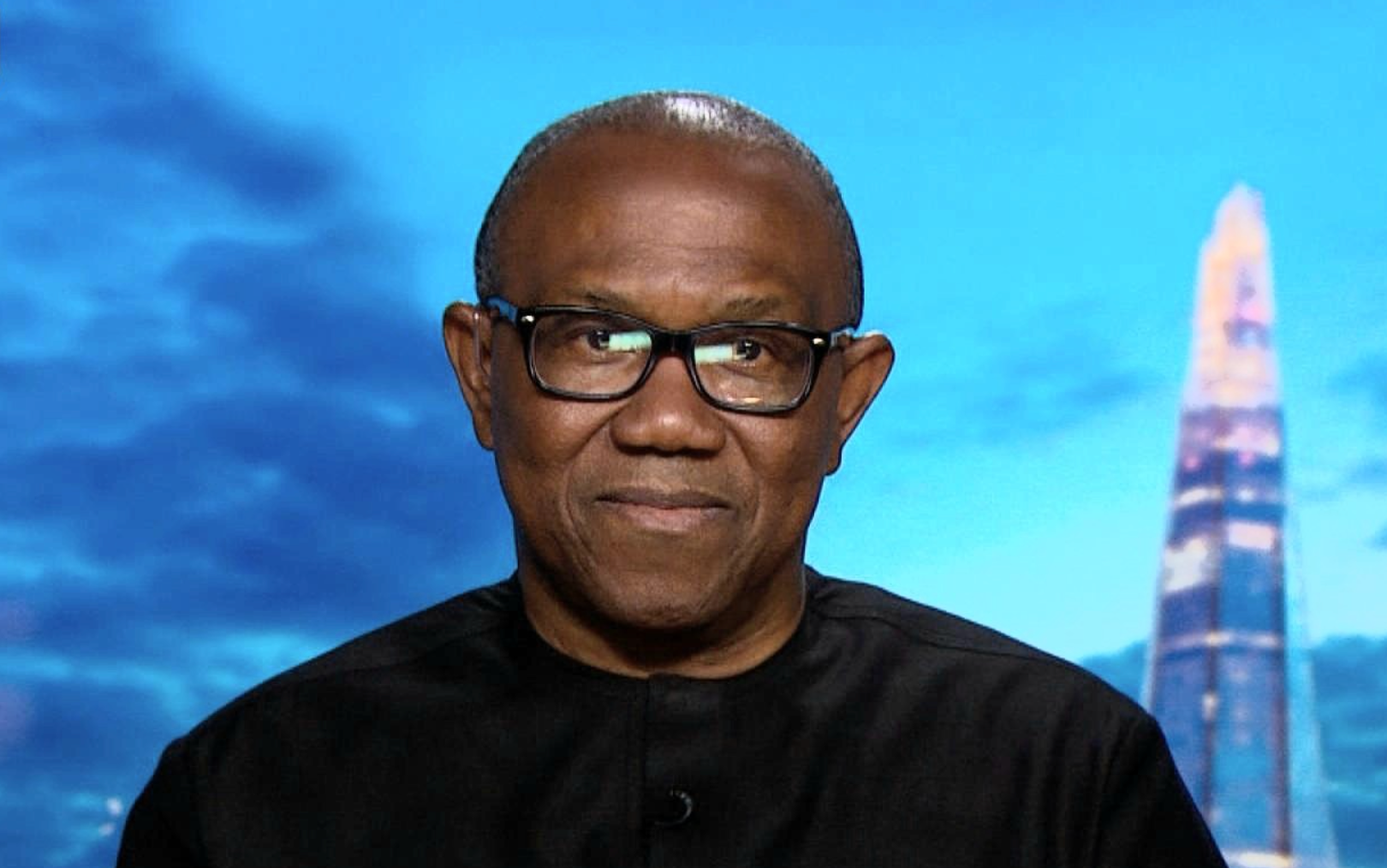
A development economist and finance expert, Prof. Chiwuike Uba, spoke to LAWRENCE NJOKU on why development will continue to elude the Southeast region, in spite of efforts by its governors.
Take your mind back to the 60s in terms of the quality of leadership, economic development and growth of the Southeast region and juxtapose that with what do we have now?
M.I. Okpara, Zik and others came together to develop the Eastern Nigeria Master Plan, which was what M.I. Okpara began to implement as we saw then in Nigeria. It was part of that plan that gave rise to the University of Nigeria, Nsukka (UNN) and the Presidential Hotel in Enugu and Port Harcourt. We saw the cashew plantations, the agricultural farms, the NCFC building, the Emene industrial area, Nigercem, the breweries in Umuahia, among others. These made eastern Nigeria one of the fastest growing economies in the world. We experienced exponential economic development and growth. But today, you can see how the Southeast has become a poverty haven in Nigeria. Individually, you may think that we are doing very well but as a region we keep deepening into poverty.
We have deepened into poverty where the Southeast is competing with the worst states in Nigeria when it comes to poverty and infrastructure and where the former Eastern Region is also competing with other regions as the worst in infrastructure. Those who took over after Okpara in the 70s like Jim Nwobodo and Sam Mbakwe continued the trajectory. These manifested to a lot of legacy projects like the Nike Lake, the university, AVOP and what have you in Enugu. Then in Imo State, you saw what Sam Mbakwe did and made Aba one of the industrial hubs. But even the Enyimba hotel, which he started, successive governments have failed to complete.
We recall then that in Amaraku and certain areas, the Mbakwe administration built thermal stations that gave energy in several places. So that tells you what these guys were doing that time. Mbakwe was called a crying governor because he was interested in giving to the people and not taking away from them unlike what we are seeing now.
I was looking at the records and it struck me that in all the regions in Nigeria, the number of SMEs in the Southeast is the lowest. Southeast has 0.7 SMEs in Nigeria. So every other southern state has more SMEs than we have and if you look at the ease of doing business, we are not doing so well. You know we pray that our past will not be better than our future. Unfortunately for the southeastern region, it appears that we were glowing in the past more than the present.
Has there been any linkage between the budgets of the Southeast states with the development of the region as it stands today?
Before I delve into the 2024 budgets, I must remind you that budget is a law; it is also an instrument of expenditure. What we have always seen is that a lot of items are put in the budget but you find out that those big projects are rarely implemented because governments would rarely release money for their implementation. It was three years ago that Southeast governors met in Enugu when Dave Umahi was their chairman; they agreed to build a ring road of about 430 kilometres. When they ended that meeting and made that announcement, part of what I said then is that the Southeast Governors’ Forum is more of a talk shop where the governors meet, interact, crack jokes and come out and issue a press statement just to make us feel good.
This is about three years down the line and nothing of such happened. It was the same announcement that we heard when we started having security challenges in the region. They met and said everybody should go back and set up Ebubeagu, Forest Guards and what have you and we saw how that ended. So, the issue is that sometimes it is sweeter to say certain things but the real work is in doing it. So, if you look at the budgets of each of these states, none of the states has mapped out funds for those projects connecting or relating to the Southeast. It is usually an individual competitive budget, which is not helping us. We need more collaborative efforts that can lead to the development of the Southeast.
So, for the 2024 budget, I agree they have spoken to a lot of deep projects to be implemented, which when implemented will serve the respective states. But if we don’t have a regional agenda on specific sectors, we have done nothing. What will happen is that even if Enugu ends up building smart schools (though it’s not about building but getting quality teachers and facilities) in each ward as they proposed, because it is not a regional agenda, you find out that students from other states will move to Enugu and that will put pressure on those facilities and it will become status quo ante. It will make a mess of the programme. That is why we should have a regional agenda that speaks to the relevant sectors not having it individually but having a pool fund that will lead to its implementation.
That is what the Southwest is doing. The Southwest established what they call the DAWN Commission and this is like a think-tank for the Southwest states. Unfortunately, for us in the Southeast, what we established is the Southeast Governors’ Secretariat and these are not the same. It is not the same because one is purely a think-tank that goes into the real work of providing evidence-based policies that guide state development but one serves more like a political platform.
From what I knew about what the DFID project helped them to establish, you appoint a DG, which is also a political appointment; each of the state governors will nominate somebody to represent them at the secretariat. So, there is that fight of who is superior and who is not. You don’t have that technical staff that is expected to do the real work.
Secondly, there seems to be a lack of political will between the governors of the Southeast and the political leaders. So, there is no political will to implement those programmes that have been recommended by that secretariat. So they are two different things. In our case, we did it to fulfill all righteousness while others were intentional on what they want to achieve and you can see how Southwest governments are leveraging the products of the DAWN Commission for the development of the Southwest. It is unlike our own that ends in a press statement.
I also recall that the economic summit for the Southeast started through the efforts of the African Heritage Institute of Applied Economics. On one of the occasions, we had all the governors in attendance. Peter Obi was a governor then and made all manner of promises on what to do and that was the end of it. Sometimes you will be holding that summit and you won’t even know that anything is happening in Enugu because there is no follow up, there is no implementation.
So to answer your question really, for us in the Southeast, our budgets are not speaking to regional or infrastructural development. You saw the multidimensional poverty report released last year by the NBS; you saw where we are. We are not just monetarily poor, but we are also becoming poor in all angles, which is not something we are known for initially. So that shows there are a lot of missing links in everything that we are doing currently.
What advice will you give to that forum to make it beneficial to the Southeast region?
I alluded to this when I spoke about the Southeast Governors’ Secretariat. I did say that as it is currently constituted, it is more of an extension of the Southeast Governors’ Forum.
If you recall, about 15 years ago, the African Institute of Applied Economics worked with all Igbo stakeholders to propose the Southeast Economic Commission (SENEC) and under that SENEC, a lot of projects and programmes were mooted including the Southeast Economic Development Fund and what we wanted to do then was to have Southeast governors and their Houses of Assembly to pass into law the establishment of the SENEC. It would have been a semi-independent body devoid of political influence and control of the governors. They can make recommendations but they don’t have control and that will become a think-tank like we have in the Southwest. It would have helped the Southeast generate the funds that it requires for its projects instead of depending mainly on government funding because that fund will allow the commission to make investments. That fund will be such that if we say we want a regional railway, people will be willing to invest in it and that fund will be used to make that investment and from money that accrue from that investment interest will be paid. This would have put the burden off the shoulders of the governors but unfortunately, that project did not see the light of the day.
So, what I am advising is that we should review the Southeast Governors’ Secretariat, change the structure and make it devoid of political interest. We have a Nigeria Governors’ Forum established by the governors but it is an independent think-tank that advises the governors and helps train the institutions within its membership. That is what the Southeast Governors’ Secretariat should be doing. So they should make the leadership of the forum independent. It should not be an appointive role. It should be a role that you advertise and let the best take it and recruit competent staff and pay them well. As we speak, I don’t think that they have a line budget because it is not a well constituted body approved by law, which is what we wanted SENEC to become then. If it is a body well constituted, every year there should be a certain percentage of funds that each state government is required to bring into the secretariat.
Do you think Ohanaeze Ndigbo, which should advise our governors, has lived up to expectations when compared with other socio-cultural organisations like Afenifere?
As a structure, our Ohanaeze has been bastardised. It was not this way in the past. I am not a member of Ohanaeze; I lost interest in Ohanaeze because in the last 10 years, the leadership has been handpicked and if that is the case, it becomes an extension of the government house. It is no longer an independent Ohanaeze that can advise and that is why an Ohanaeze President will even be begging a governor to see him.
That is not what it is supposed to be.
Afenifere is a pressure group not just a socio-cultural group that Southwest governors listen to when they speak.
So, what I want to say is that we need to find a way to retrieve Ohanaeze from the political influence and interference of our governors. It also appears that Ohanaeze is not being funded by its members; if it is being funded by its members, they won’t lean more towards the governors. Because the governors are the ones bringing the resources, the leadership tends to lean towards them. So, until Ohanaeze removes itself from the apron strings of the governors, it will be difficult for it to take its leadership role. That is why they have not been able to rein in the challenges we have in the Southeast and that is why when they speak, people see them as speaking for the government or being asked to speak by the government. So, it is important to look at Ohanaeze again. We have brought in what happens in our political circle into Ohanaeze whereby a group of people will pick one person and impose him on others. It is like that even in our town unions where you see a governor take interest on who becomes the president general of a town union. So, Ohanaeze has not lived up to expectations and it is largely due to the suffocating influence of the governors, which is as a result of Ohanaeze not being able to fund itself.
Can you proffer a road map for the economic recovery and emancipation of the Southeast region?
If you recall, the Eastern Nigeria Development Master Plan was not fully implemented. I will want them to dust up that plan, review it and use it as a working document. We must also begin to look at Public Private Community Partnership (PPCP). We need to involve our people in our development.
For instance, we are talking about building a railway. I can tell you that no governor in the Southeast can do that alone. There is no fund to do that. But we can set up what had been proposed earlier by SENEC, set up a Southeast Development Fund where the governors and private people will put in funds and use it for development.
Secondly is to have a pool fund by the governors. It is good that we are cooperating rather than competing. We need to pull funds together to be able to achieve specific projects. In the last four years, the Southeast has lost over 70 per cent of its manufacturing companies. Enugu State ranks 36 out of 37 states including FCT in terms of Ease of Doing Business in Nigeria. This is based on a Federal Government ease of doing business report, which ranked Enugu 36 over 37 in Nigeria. It is the same for most of the Southeast states. The economic potential of the Southeast is very limited. We must come together to address those fundamental issues.
During the Enugu State budget analysis, there is something I said and which I want every other state to do. There are so many businesses that can thrive and not just about pursuing everybody to pay tax. If you do that so much you stifle the system. IGR is not about tax; there are other businesses that can employ people and grow revenue. We can guarantee these businesses by guaranteeing their loans. You don’t need to give them money; you can guarantee them by building big businesses in the Southeast.
Finally, we must go back to agriculture. I discovered that the Southeast, even in terms of agriculture, is a consumption location. Almost everything we consume in the Southeast comes from outside including the rice we eat here. Despite the arable land we have here, we are not utilising them. How many of our states have invested in agriculture? Until we make it a government of the people for the people and by the people, we will not get there.






